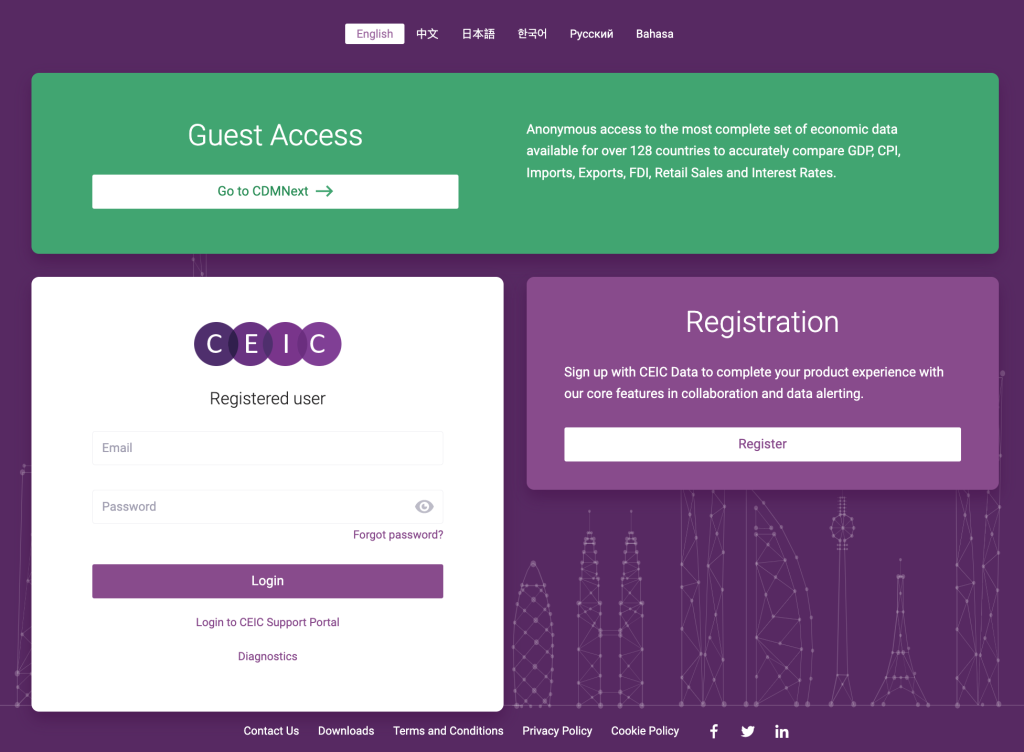There is a popular Latin phrase, attributed to the Roman poet, Juvenal: Quis custodiet ipsos custodes? It can be translated as “Who guards the guards?”, or “Who watches the watchers?”
Watching & Being Watched
As modern researchers studying human behavior and interactions, we adhere to the highest standards of integrity in conducting research: disclosing to human participants the purpose of our research, addressing any potential risks, pledging to be ethical in the collection and use of information that people share or give to us in the course of our research. In this context, we guard ourselves; and the HKUST community is governed by research polices while pursuing excellence in research and the advancement of knowledge.
However, when we interact with online systems, we may be monitored and watched. It’s easy to feel powerless in our relationships with big tech companies like Alphabet (Google), Microsoft, Meta, or publishers like Elsevier, SpringerNature, and Wiley. But, it is important to not succumb to apathy and despair. We need to put in the effort to be aware of the data being collected and learn how to opt out. We need to watch our watchers, and control them when possible.
What Does HKUST Library Do About User Data Privacy?
At HKUST Library, we’ve established a privacy policy statement as part of the broader HKUST’s privacy policy. The Library also works to protect users’ personal information when they access third-party resources. For example, on the CDMNext database, we’ve negotiated to make the “Guest Access” link more prominent, which doesn’t require individual account creation or sign in. Of course, you could infer that the database vendor would prefer each person to register for a personal account, so as to collect user information and track user activity thereafter for usage analysis.

There are two methods to access CDMNext: guest access or log in as registered user. Which way would you choose?
Another example is the Passport database. This database once required users to submit their email addresses to download any data or PDFs. The Library worked to create a generic alternate email to minimize personal data sharing with external parties. Now, a couple of years later, Euromonitor, the owner of this database, dropped this requirement.
Cookie Policies – Read Before You Accept
Are you among those who simply click “Accept” on every cookie pop-up without reading the policies? If so, it’s time to rethink your approach. Publishers, preprint servers, reference management software, and data repositories all collect, store, and use your personal data in different ways. Before you click “Accept,” take a few minutes to read the policies and make an informed decision about sharing your data.
To help you understand the importance of privacy policies, here are some examples:
| Types of Services | Sample Privacy Policies |
| Academic Publisher | Elsevier | Springer Nature | Wiley |
| Reference Management Tool | RefWorks (by Clarivate) | Zotero (by Digital Scholarship) | Mendeley (by Elsevier) |
| Preprint Server | SSRN | arXiv |
| Data Repository | Figshare | Zenodo |
Privacy Protection – Location Matters
It is worth noting that some people have more rights than others, depending on what jurisdiction they reside in. For example, Springer Nature states in its Privacy Policy, section XIV, Your Rights:
“If you reside in a country within the EU/EEA or in certain states within the USA, you are entitled to exercise some or all of the following rights: require (i) information as to whether your personal data is retained and (ii) access to and/or duplicates of your personal data retained, including the purposes of the processing, …. removal, or restriction of your personal data… withdraw your consent to processing of your personal data at any time….”
This means that people in the EU have a greater ability to request their own data to be disclosed and amended. Some have taken advantage of this, as seen in a blogpost about what the author has learned and experienced when they sought to find out what data Elsevier had for them as a reader and a peer reviewer.
In Hong Kong, if you believe your data has been used improperly, you can file a complaint to the Office of the Privacy Commissioner for Private Data. It’s also interesting to see previous cases handled by the PCPD.
Some governments are more proactive in examining big tech’s data practices and getting them to change privacy policies. For example, the Netherlands has become known for this (coincidentally it is the home of Elsevier).
So, let’s all be aware and try not to despair. Let’s watch our watchers, value our own privacy, and take steps to protect it.
– By Victoria Caplan, Library
Views: 8818
Go Back to page Top
- Category:
- Academic Publishing
Tags: cookie policy, privacy policy, publishers
published May 4, 2023


